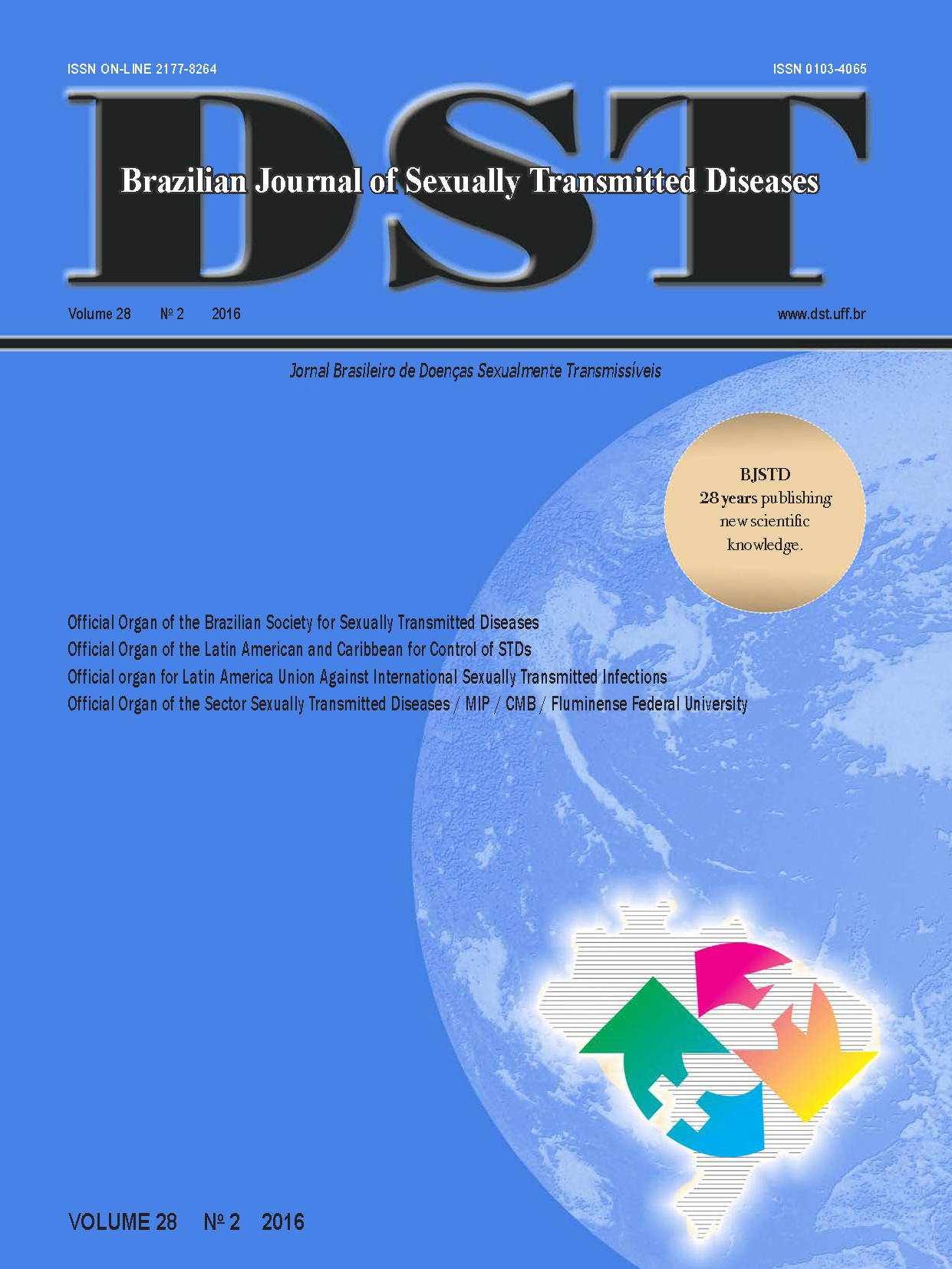Stigma of HIV positive expressed through veiled prejudice
Keywords:
prejudice, HIV seropositivity, acquired immunodeficiency syndrome, health personnel, sexually transmitted diseasesAbstract
Introduction: The term stigma was coined by the ancient Greeks to refer to signs made in the body meaning something bad on the morale of those who had them. Objective: To verify the presence of discriminatory attitudes of users of Unified Health System regarding HIV-positive individuals, as well as the perception about the possibility of acquiring some kind of disease during dental treatment. Methods: The data collection instrument consists of a semi-structured questionnaire. This study included interviews asking the following questions: individuals agree to be treated by a HIV-positive dentist, after the treatment of a HIV-positive patient or an inmate; the perception of the possibility of acquiring illnesses in a dental office; concern regarding sterilization of materials used and the manner of sterilization. Results: Two hundred individuals were interviewed, 142 would accept to be treated after a HIV-positive patient and 160 after an inmate. Moreover, 162 would be available for treatment by a HIV-positive dentist. However, when questioned about the preference, 93 would prefer to be treated before a HIV-positive patient and 60 before an inmate. Conclusion: Patients showed discriminatory attitudes toward seropositive people, expressed sometimes in a veiled manner, and the perception about the possibility of getting some kind of infection during dental treatment.












